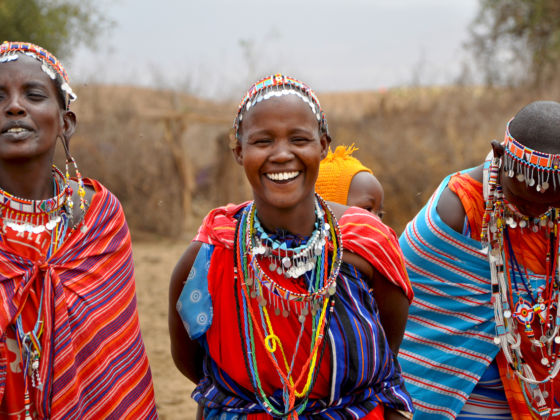Ethical Dilemma: Visiting a Maasai Manyatta
Our professors had taken us to Amboseli National Park for a field trip, and had decided to send us through a cultural manyatta, a tourist attraction meant to direct some of the money that pours into Kenya every year from the vacation budgets of Europeans and Americans to the local people; to let them benefit, however indirectly, from the wildlife that simultaneously attracts the foreigners and devastates local farms and herds. It was meant to be an opportunity for us to get a tourist’s-eye view of the local culture, a different kind of educational experience than we ordinarily got as students.
